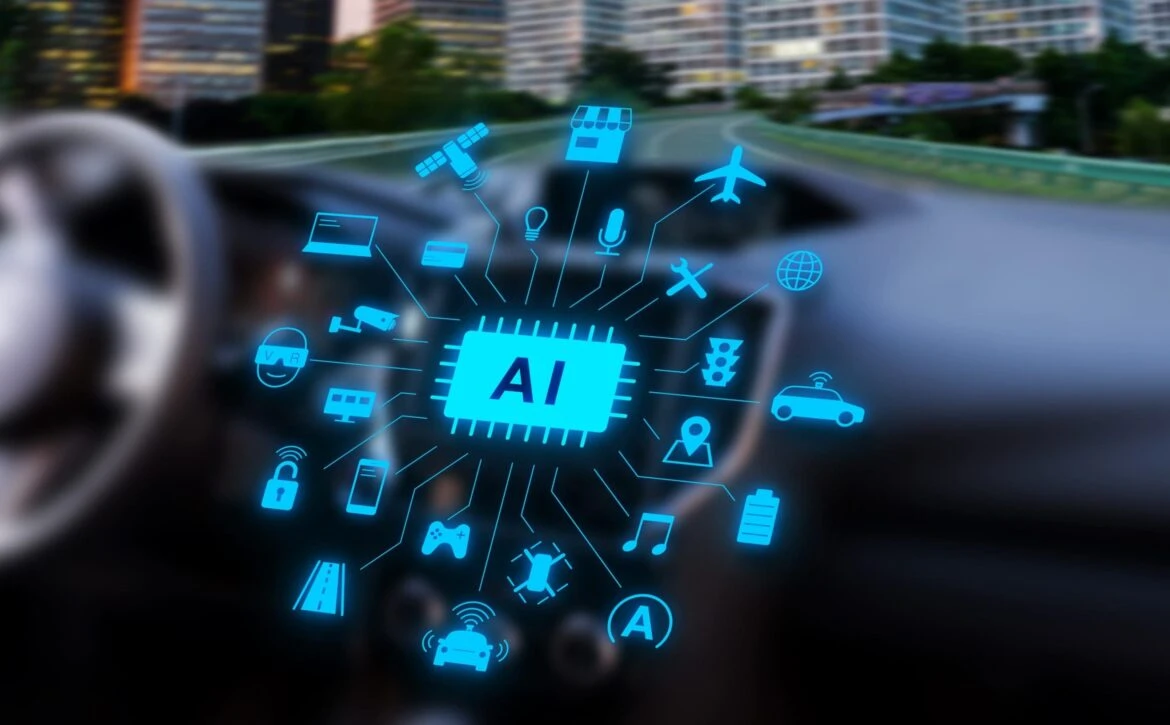
Digging into the ISO/IEC 5469:2024 – Artificial intelligence: Functional safety and AI systems standard
This article offers an in-depth look at topics related to Functional Safety Autonomous Systems and Responsible AI.
For expert-level training—including certification-based programs—on these topics and more, explore our Automotive trainings and Responsible AI trainings. To learn how we support product development, compliance, and organizational safety goals with consulting support, visit our Functional Safety & Cybersecurity, Autonomous Product Development and Responsible Artificial Intelligence pages—or contact us directly.
- Data acquisition (input tasks);
- Knowledge induction from data and human knowledge (learning tasks including training);
- Processing and generation of outputs (processing tasks including inference)
- Having a back-up function designed with “non-AI” techniques;
- Using a supervisor function with constraints and limits;
- Having Machine Learning (ML) redundancy with output voters.
From a process perspective, ISO/IEC 5469:2024 relates the AI lifecycle with a functional safety lifecycle. The AI lifecycle is referenced to the ISO/IEC 5338 – AI system life cycle processes standard whereas the functional safety lifecycle is referenced to IEC 61508. Within the AI system lifecycle it is necessary to have an AI management system, as defined in the ISO/IEC 42001:2023 standard.
In functional safety standards like ISO 26262, all the requirements are baked into the standard itself. As we are seeing in the AI safety landscape, it is more complicated, and knowledge of multiple standards is required. At SRES, along with our partner SGS-TUV, we provide detailed training on AI safety, with the option of obtaining the AI Safety Professional (AISP) certificate. More information can be found here. Additionally, SRES provides a training and workshop related to Responsible AI (RAI) aligned to the ISO/IEC 42001:2023 standard.



